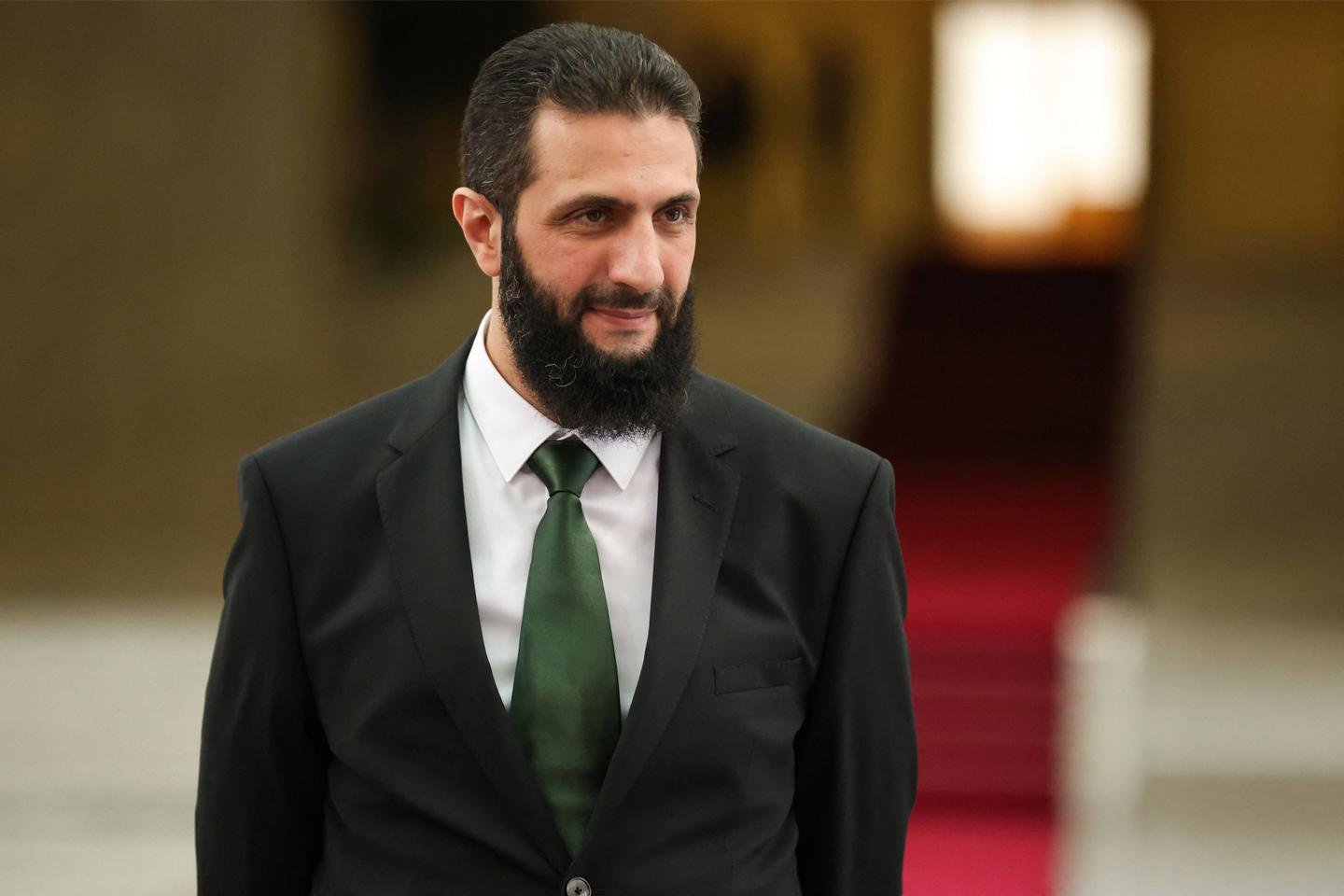Editorial
Le Monde
The gradual lifting of sanctions on Syria announced by the European Union is a welcome step, as the international community’s support is essential if Syrians are to succeed in setting up a democratic regime after decades of dictatorship.
Published today at 12:55 pm (Paris) 2 min read Lire en français
More than a month after Bashar al-Assad’s dictatorship was overthrown, Syria’s new authorities have been striving to disprove the idea that failed transitions of power, which the Middle East has often experienced, would be inevitable. The complexity of Syria’s myriad communities, accentuated by economic and social decay inherited from the fallen regime, have made international support essential.
In this respect, the gradual lifting of sanctions adopted during the Syrian civil war, a move decided by the European Union on Monday, January 27, is a welcome first step. The Europeans have shown pragmatism, all while remaining cautious. They intend to take these new authorities at their word, as the Syrian government has ramped up its commitments in terms of governance, respect for minorities and human rights.
These rights are not a whim – ask anyone familiar with the horrors of the Syrian dictatorship – but rather the basis on which to rebuild a society in a country drained by over 10 years of fratricidal war, and they imply the preservation of free speech and peaceful public space. The first loosening of the sanctions is conditional, and rightly so: Those that have been lifted will be reinstated if the authorities fail to keep their word.
Lack of a clear US policy
The Syrian case highlights the complexities and dilemmas involved in withdrawing an international sanctions regime. Such an exit must, effectively, be subject to consultation between all the stakeholders involved. European efforts will remain marginal if they are not accompanied by similar gestures on the US’ part, due to the arsenal of sanctions imposed in 2019, after the adoption of the Caesar Syria Civilian Protection Act, named after an Assad regime defector who was behind revelations about the policy of mass murder implemented in Syrian prisons during the dictatorship.
The new US administration, which, like many others, had been taken by surprise by the sudden collapse of al-Assad’s regime, has so far failed to establish a clear policy on Syria. This country should not fall victim to a short-sighted conception of national interests, which has recently led to radical cuts to US aid programs.
The fact that the main force holding power in Damascus, Hayat Tahrir al-Sham, features on Western lists of terrorist organizations adds another layer of difficulty. This listing had been justified in the past by the jihadist ideology that Ahmed al-Sharaa, the group’s leader, once espoused – he has since claimed to have renounced this ideology. The terrorist designation prevents any form of cooperation or setting up aid programs, as they could appear to be financing terrorism, at a time when many Western foreign ministers have visited Damascus to hold talks with the new authorities.
The situation is urgent. If the new authorities fail to improve the daily lives of Syrians, who have, since al-Assad’s flight, been deprived of the oil that Iran had been donating as the price for Damascus’ vassalization, discontent will weigh down the transition. This could lead to the instrumentalization of community loyalties and a deadly downward spiral. Whether as a matter of regional stability or the return of millions of Syrian exiles, we must hope that the country’s new authorities succeed.
Le Monde
Translation of an original article published in French on lemonde.fr; the publisher may only be liable for the French version.
Vous pouvez lire Le Monde sur un seul appareil à la fois
Ce message s’affichera sur l’autre appareil.
-
Parce qu’une autre personne (ou vous) est en train de lire Le Monde avec ce compte sur un autre appareil.
Vous ne pouvez lire Le Monde que sur un seul appareil à la fois (ordinateur, téléphone ou tablette).
-
Comment ne plus voir ce message ?
En cliquant sur « » et en vous assurant que vous êtes la seule personne à consulter Le Monde avec ce compte.
-
Que se passera-t-il si vous continuez à lire ici ?
Ce message s’affichera sur l’autre appareil. Ce dernier restera connecté avec ce compte.
-
Y a-t-il d’autres limites ?
Non. Vous pouvez vous connecter avec votre compte sur autant d’appareils que vous le souhaitez, mais en les utilisant à des moments différents.
-
Vous ignorez qui est l’autre personne ?
Nous vous conseillons de modifier votre mot de passe.
Lecture restreinte
Votre abonnement n’autorise pas la lecture de cet article
Pour plus d’informations, merci de contacter notre service commercial.
